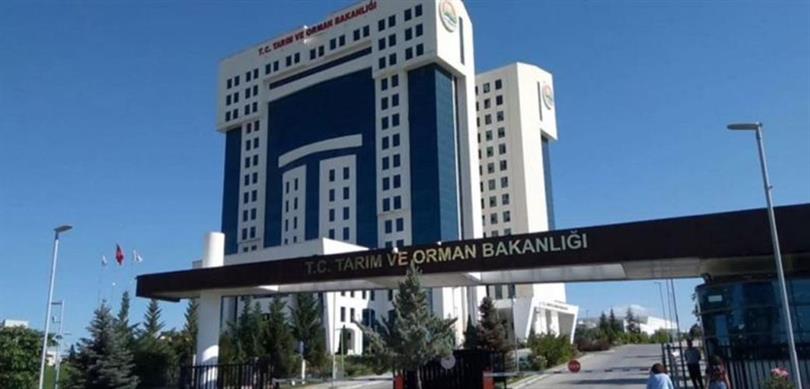A scandal erupted in Turkey after the Ministry of Agriculture and Forestry disclosed a list of adulterated food products, revealing that pork and other non-compliant ingredients had been found in products marketed as beef and chicken.
Pork is not illegal in Turkey; however, vendors who sell products with traces of pork must be transparent about it. Due to the country’s predominantly Muslim population, which abstains from pork for religious reasons, the public reacted strongly to the disclosure.
The list, published on October 2 and updated on Tuesday, exposed numerous cases of food safety violations, including the use of prohibited additives and mislabeling of meat products.
The ministry’s findings showed that several well-known food establishments were selling items containing pork and other meats such as horse and other equines, which were substituted for the advertised beef.
The inspection results flagged 523 companies and 961 batches of food products that violated food safety standards. Notable findings included pork detected in meat products of a restaurant in southern Antalya province and in pizzas at a popular eatery in the Kuşadası district of western Aydın province. The offending businesses face administrative penalties, and some could see their licenses revoked.
Other breaches involved dyes in chili pepper products and unauthorized ingredients in vegetable oils. One company in western Balıkesir province was found to be selling equine meat as beef. Despite the scale of the violations, the company did not issue a public response.
In Düzce, a catering company that provides meals for government-run dormitories was found to have pork in meatloaf served to students. The revelation caused outrage, as the company’s owner, Murat Saydam, is a former provincial executive board member of the ruling Justice and Development Party (AKP). Saydam denied the accusations, claiming the test results were inaccurate and attributing the decision to include his company on the adulteration list to political motives.
The scandal triggered widespread concern over food safety and the transparency of the adulteration reporting process.
Among the most controversial revelations was the allegation against a well-known restaurant chain suspected of using pork in its meat products. Although the ministry’s list did not include the restaurant’s name due to a court order, multiple sources indicated that the company operates one of Turkey’s largest meatball chains, with nearly 200 branches nationwide.
The unnamed restaurant is believed to produce around 100 tons of meatballs and döner daily, making the accusations particularly significant given the scale of its operations.
Turhan Çömez, a member of parliament from the opposition İYİ (Good) Party, criticized the situation, noting that tariff-free pork imports from Sudan had been approved months earlier, questioning the government’s food safety policies.
Meanwhile, Cemal Enginyurt, a lawmaker from the Democrat Party, pledged to hold those responsible accountable.
The Ministry of Agriculture and Forestry encouraged the public to report any suspected food safety violations through its food safety hotline. The ministry also announced that it had conducted over 940,000 inspections this year, resulting in fines totaling 771 million Turkish lira and charges against 368 companies.
The controversy has intensified demands for stronger food safety enforcement. Consumer rights advocates, while praising the ministry’s decision to resume publishing adulteration lists after a long pause, urged more frequent updates to prevent future violations.
Under a new system, companies found guilty of violations may face penalties ranging from 146,000 to 10.5 million lira. The ministry has also introduced a QR code system for restaurants, allowing customers to check inspection details electronically.
